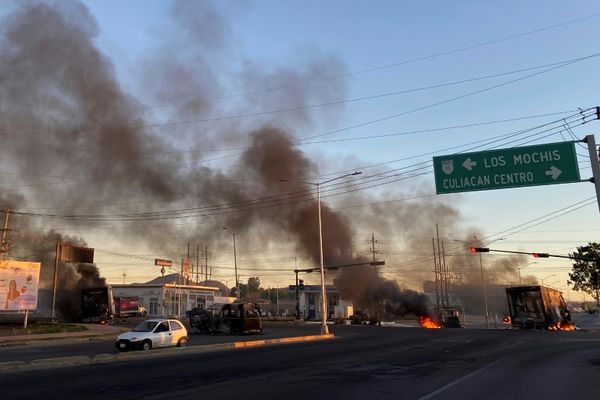
Coastal Spain is once again facing severe weather conditions, with thousands of people being evacuated due to severe thunderstorms and torrential rain. This comes just two weeks after the country experienced deadly flooding in Valencia and other nearby communities.
According to the director of the Emergency Plan for the Risk of Flooding in Andalucia, over 4,000 people and a thousand homes have been evacuated in the Malaga area. Preemptive evacuations were carried out in five areas near the Guadalhorce riverbank due to the risk of overflowing.
The city of Malaga in Spain's Andalusia region experienced nearly a month's worth of rainfall in just one hour. The southern Spanish province received approximately 100 millimeters of rain, with 78 millimeters falling within an hour. This is significantly higher than the average rainfall for the month of November in Malaga.



The Spanish meteorological agency issued red warnings in the Andalusia and Catalonia regions for extreme rainfall, leading to reports of impassable roads and flooded basements in several towns. Streets in Malaga were seen submerged in water, prompting evacuation orders near the Campanillas River.
Due to the severe weather conditions, the Ministry of Transport and Sustainable Mobility suspended the Málaga-Madrid rail service. The opening round tie of the Billie Jean King Cup between Spain and Poland was also postponed.
Heavy rain is expected to continue in the provinces of Malaga and Granada up to Valencia and Tarragona, with up to 180 millimeters of rainfall possible. Schools will be closed on Thursday across the entire province of Malaga and in areas issued with an orange warning for rain.
Valencia province has been issued a red weather warning, leading to the closure of all non-essential movement on roads. School activities in Valencia city and its districts have been suspended to ensure safety.
Spain is still recovering from historic floods that claimed over 220 lives just two weeks ago. Protesters in Valencia have demanded the resignation of the regional president for the slow response to the natural disaster.







